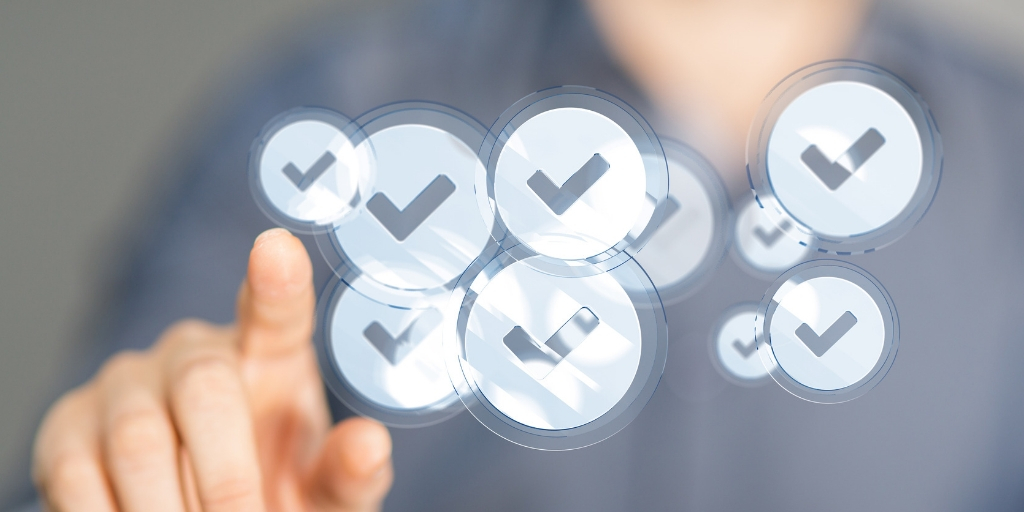People who have never used literature review software often tell us that they don’t need it – they already have a process in place that works just fine. But with regulatory scrutiny increasing on the daily, maybe it’s time to look at ways to do better than“fine”.
With the EU MDR and IVDR compliance deadlines looming, device manufacturers need practical solutions for efficiently producing clinical evaluation reports. Notified Bodies, swamped with more work than available resources, are looking for evidence of transparent, repeatable processes and standardized output. The bottom line: “fine” isn’t going to cut it anymore.
While there’s no shortage of talk about MDR and IVDR and the impact the new regulations will have on device manufacturers, there is far less in the way of concrete actions to achieve compliance. What can the industry do today to prepare? And how can literature review software help? Here are five of the top ways literature review software can help you today:
1. Compliance
Transparent, auditable, and reproducible results are fundamental to a compliant review process. When your Notified Body comes knocking, literature review software can help you with features such as a detailed audit log, data version control, and quick searching and lookup capabilities. Simply put, it effectively documents your protocol and process so that you don’t need to do it manually.
2. Speed
If there’s one thing that almost every researcher wishes for, it’s more time. From conducting searches to removing duplicates and irrelevant articles, screening, extracting data, and preparing reports, literature review is a time intensive process. Using literature review software to complete these tasks can improve efficiency by 40%-60%.
3. Accuracy
No one wants to discover a mistake in their review right before – or worse, during – an audit. Duplicate references, transcription errors, and data entry errors can skew, or even invalidate, your results. Literature review software provides built-in automation and validation tools that dramatically reduce the potential for errors in your review process.
4. Compatibility
Although literature review software can help with many tasks throughout the review life cycle, your process likely includes other tools for searching and storing references and data. You may also need to use literature review data in reports and submissions. Literature review software should allow you to import and export your data in all the most common file formats, such as CSV, Excel, Word, PDF, RIS, and ENLX.
5. Collaboration
Literature review software packages today are typically cloud-based, allowing them to be used from any browser on any device. With a centralized, shared data set, your team can collaborate in real time, regardless of location.








